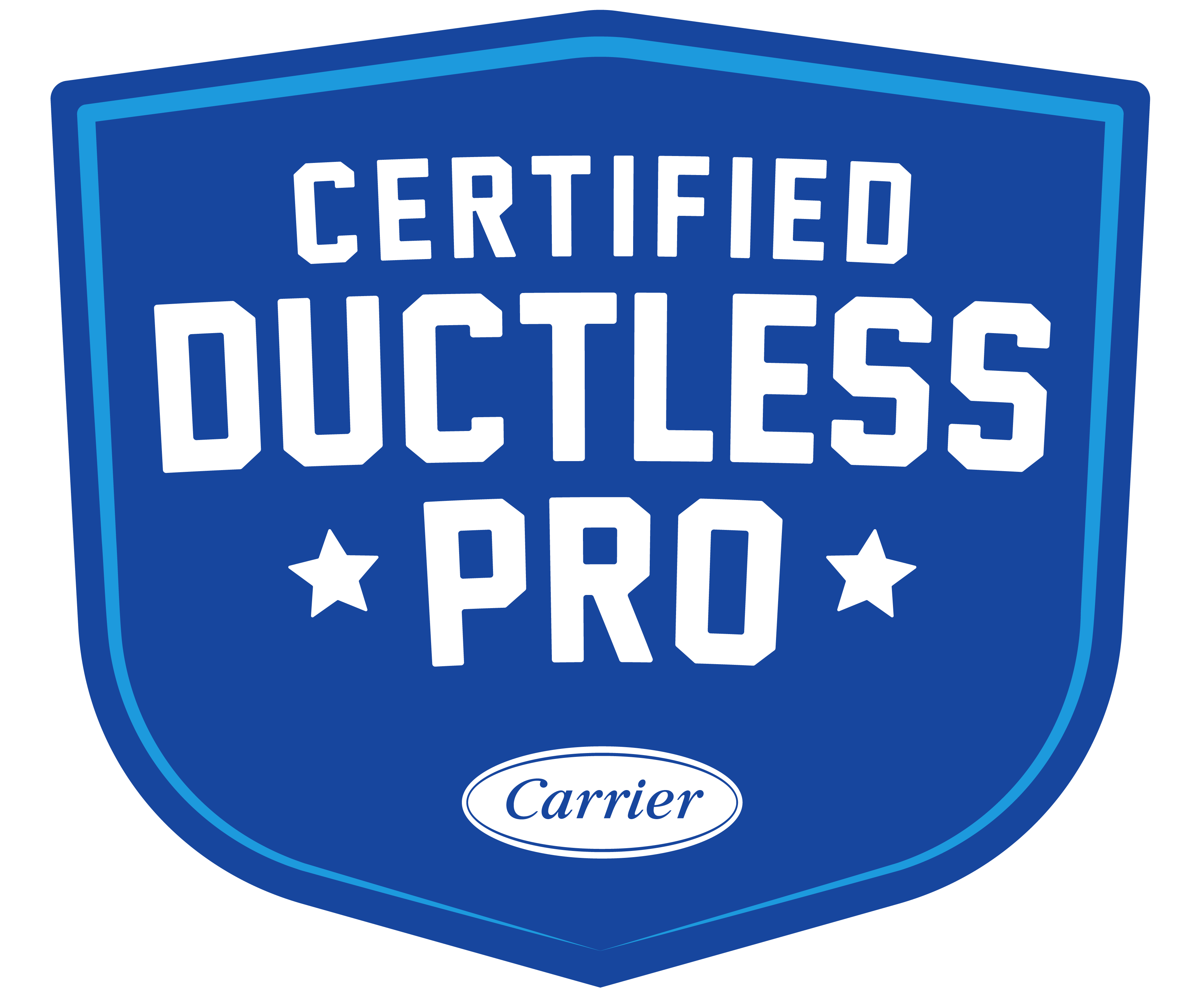Living in Berthoud, CO, means dealing with a unique climate that can fluctuate significantly between seasons. As a homeowner, it’s essential to understand how to maintain and optimize your air conditioning system to ensure comfort throughout the year. Here, we address the most common air conditioning FAQs we receive from Berthoud residents to help you make informed decisions about your HVAC needs.
In Colorado, the lifespan of an AC unit typically ranges from 10 to 15 years. The state’s varying climate, with hot summers and cold winters, can impact the wear and tear on your system. Regular maintenance, including annual inspections and timely repairs, can help extend the life of your unit. It’s crucial to work with a trusted HVAC professional to ensure your system remains in optimal condition throughout its lifespan.
The cost of installing a central air conditioner in Colorado can vary based on several factors, including the size of your home, the complexity of the installation, and the type of unit you choose. Generally, it’s a significant investment that can enhance your home’s comfort and energy efficiency. For an accurate estimate, it’s best to consult with a reputable HVAC company that can assess your specific needs and provide a detailed quote.
Home AC units should generally be replaced every 10 to 15 years, depending on usage and maintenance. If your system is nearing the end of its lifespan, experiencing frequent breakdowns, or not cooling your home effectively, it might be time to consider a replacement. Regular maintenance can help prolong the life of your unit, but eventually, upgrading to a newer, more efficient model will be necessary to maintain optimal comfort.
Fixing a 20-year-old AC unit is often not worth the investment. At this age, the system is likely inefficient and prone to frequent issues. Repair costs can quickly add up and may not be cost-effective compared to investing in a new, energy-efficient unit. A professional HVAC technician can help you weigh the costs and benefits to make the best decision for your home and budget.
Replacing the condenser on an AC unit can be worth it if the rest of the system is in good condition and relatively new. However, if your system is older or has other significant issues, it may be more cost-effective to replace the entire unit. A professional assessment can help determine the best course of action based on the specific condition of your system.
The impact of an AC unit on your energy bill depends on several factors, including the size of your home, your usage patterns, and the efficiency of your unit. Generally, newer, high-efficiency models will cost less to operate than older, less efficient ones. Proper maintenance and using energy-saving practices can also help minimize the increase in your energy bill.
A higher SEER (Seasonal Energy Efficiency Ratio) rating indicates greater energy efficiency but does not necessarily mean better cooling. It means the unit can cool your home using less energy, which can lead to lower utility bills. When choosing an AC unit, consider both the SEER rating and the system’s ability to maintain comfortable indoor temperatures.
Upgrading from a 16 SEER to an 18 SEER unit can be worth it, especially if you’re looking to enhance energy efficiency and reduce long-term operating costs. While the initial investment may be higher, the energy savings over time can offset the additional expense. Consulting with an HVAC professional can help you determine if this upgrade is the right choice for your home and usage patterns.
An unhealthy room temperature in the summer is typically anything above 78 degrees Fahrenheit. Higher temperatures can lead to discomfort, dehydration, and heat-related illnesses, especially for vulnerable populations like the elderly or those with health conditions. Maintaining a comfortable indoor temperature is essential for health and well-being, particularly during extreme heat.
When it’s 95 degrees outside, keeping your home between 75-78 degrees Fahrenheit is generally recommended. This range balances comfort and energy efficiency. Setting your thermostat too low can strain your AC and increase energy costs. Using fans and keeping blinds closed during peak heat can also help maintain a cooler indoor environment.
For personalized answers to all your air conditioning FAQs, contact IMS Heating & Air Inc. Our team of experienced HVAC professionals is here to ensure your home stays comfortable and your system runs efficiently. Reach out to us today to schedule a consultation or service appointment. Your comfort is our priority!


